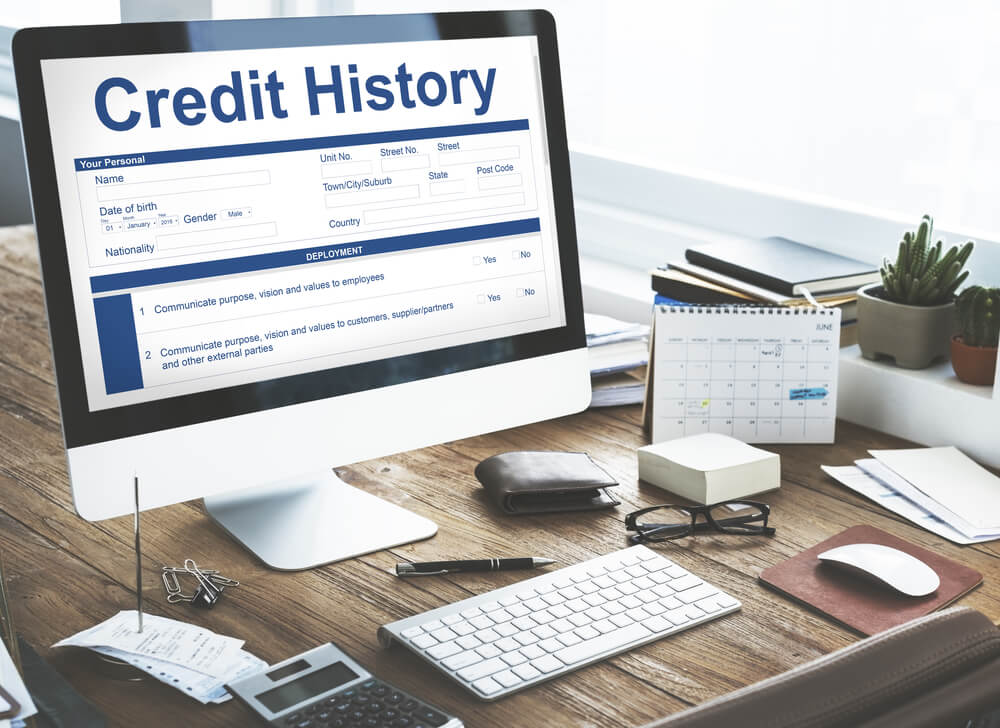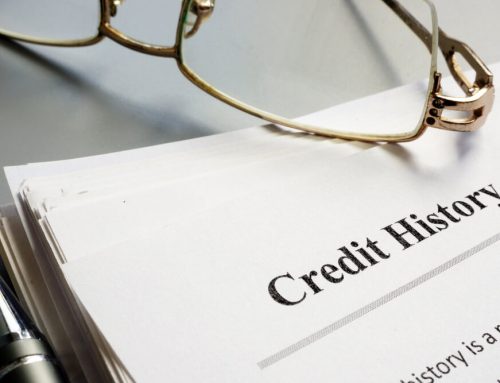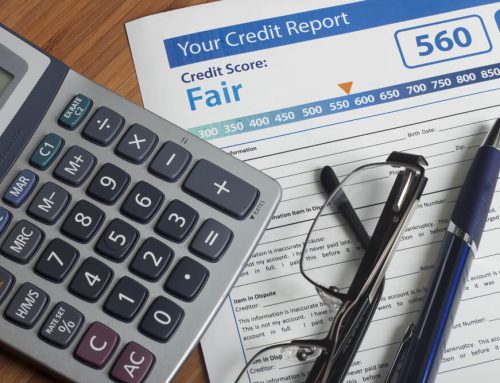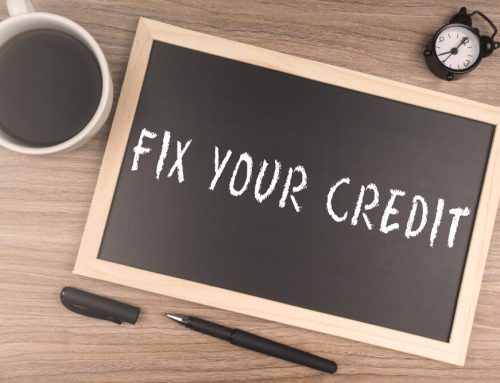How to Get Your Credit Score and FICO Score Back on Track
If you are looking to improve your credit score or fix a bad credit score, then you should know the process is just as tough and time-intensive as losing weight. You can’t take any shortcuts, or you will suffer some severe consequences. Your credit score repair efforts need to be done carefully and over time. You should definitely avoid any company or credit repair software website that offers to quickly fix it for you. By putting in responsible money management efforts over time, you can see the kinds of results you want. We’ve listed some of the best tips for helping you do that.
What is a Fico Score
A Fico Score and Credit score are essentially the same things. The Fair Isaac Corporation produces this type of credit score. Lenders and borrowers will look at your score to determine the risk in loaning you money.
What You Can Do Immediately

Start by checking your credit report. You won’t know what your score is until you do. You can have a copy of your credit report sent to you free, and that report has important data that is going to be vital to repairing your score. You do want to check for errors on the data, as any mistakes can throw off your credit score. Check for things like erroneously listed late payments or amounts owed on accounts that are incorrect. Make sure you dispute any errors you find with the credit bureau.
Next, you should set up some payment reminders. Many banks and credit institutions will offer reminder series to notify you a few days or even a week before your bill is due. This can help you plan to save money and ensure you aren’t spending the money you need to be putting toward bills. Reminders can come as texts or emails for your convenience.
Another option is to simply enroll in an automated payment service, where your payments are deducted from your account when they are due. The automated payments will not usually pay for more than the minimum payment, which may not improve your credit score by much.
You can also lower your debt. This can take some time and effort, but you need to work on cutting your debt. Make sure new debt isn’t coming in, and the best way to do that is to stop using credit cards altogether. Find out how much is owed on each account and how much interest is being charged. Then figure out a way to pay off the debts instead of paying the minimum amount. It may work best to pay off the smaller debts first while still paying on the other larger accounts, then focusing your attention on them.
Further FICO Score Improvement Tips
For Your Payment History
If you want to improve your FICO scores, then targeting your payment history for errors and making payments on time will provide the biggest benefit. It’s going to be difficult to make up for problems you have had in the past, such as late or missed payments.
- Pay bills promptly- Payments that are even a few days late can seriously affect your FICO score. If you have begun to miss payments, you need to stop that now and get your bills current. As you begin to pay your bills on time, your FICO score will improve. The older problems won’t count as much as newer transactions, so the marks against your credit score won’t continue to pester you if you make changes. The good credits transactions will push the old ones out at the end of your credit history. Your FICO score weighs your good and bad information against you, so an overall good history will make your score look good.
- You should know that if you pay off a collection loan, that won’t automatically take it off your credit history. That mark against you stays there for seven years.
- When you have trouble paying back your loans, then you should get in touch with your creditors and see if there is a way you can make things right or change your scheduled payments.
- These tips won’t improve your credit score right away, but if you make the right financial decision, then over time, your score will improve. If you get help from a credit counseling service, it’s not going to negatively impact your FICO score.
For Amounts Owed
This category will account for 30% of FICO’s calculation, and it’s much less difficult to improve them than it is your credit history. You do need to follow some sound financial strategies to accomplish that, though. Here are our best tips:
- Make sure your credit card balances stay low
- Outstanding debt that is exceptionally high can seriously hurt your credit score.
- Make sure to pay off your debts rather than consolidating or moving them around.
- If you want to work on your credit score, you need to decrease the debt on your credit cards. Even if you keep the same amount of debt but get rid of some of the cards, your score will improve.
- You don’t want to apply for credit cards and then close them shortly after to boost your credit score. It can hurt your overall score.
For Length of Credit History

It’s a bad idea to open new accounts quickly over a short period of time. The new accounts can actually hurt your average account age, hurting your overall score, particularly if you don’t have much else to your credit history. Creating new accounts looks like you are taking risks.
Tips for New Credit
- Try to get all your rate shopping for a certain loan finished in a short window of time. Your FICO score differentiates between your single loan search and lots of searches over a longer period.
- Reopen your credit history when you have had issues in the past.
- If you can manage to open some new accounts and pay them off within the allotted windows of time, then your credit score is going to increase.
- You can check your own credit score without hurting it, which many people don’t realize. You do need to get the score from a credit reporting agency or some other association that is permitted to give consumers credit reports.
Using Credit Wisely
- It’s okay to open new accounts when you need them, but don’t open them for unnecessary expenditures.
- If you are opening accounts to get a better range of credit history transactions, then you could hurt your credit score.
- It’s okay to have credit cards, but you need to use them in a responsible way.
- You can use installment loans and credit cards to boost your credit score. If you don’t have any credit cards, you are considered a higher risk than someone who does and who manages them well.
- If you close an account, it will still be reported on your credit history. Your score may factor this account in.
If you want to fix your credit score, then there is more to it than just taking care of the errors that exist in your credit history, if there are any. You also need to follow the tips we have listed above and keep your credit history consistent. It will take time and good financial strategies to ensure your credit score improves after it has reached a dangerously low point.



